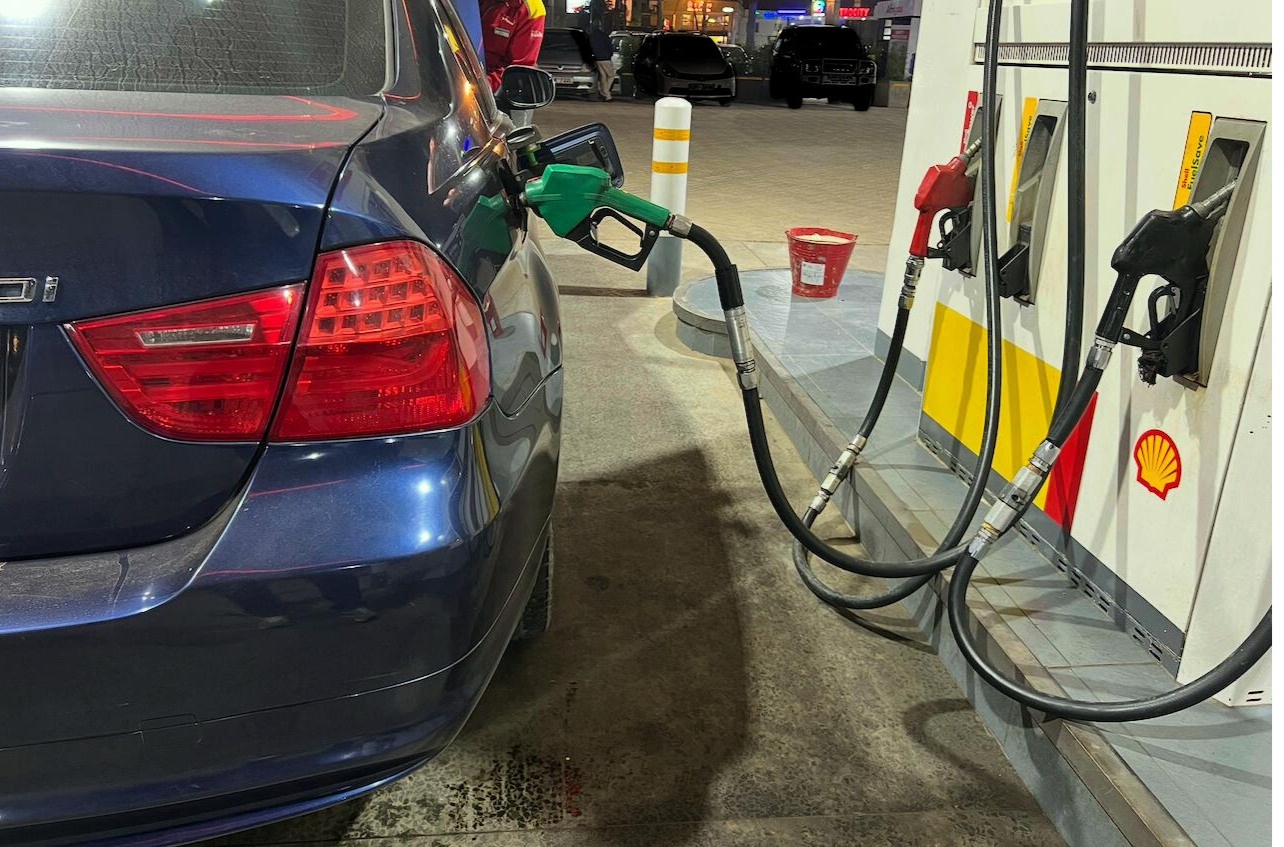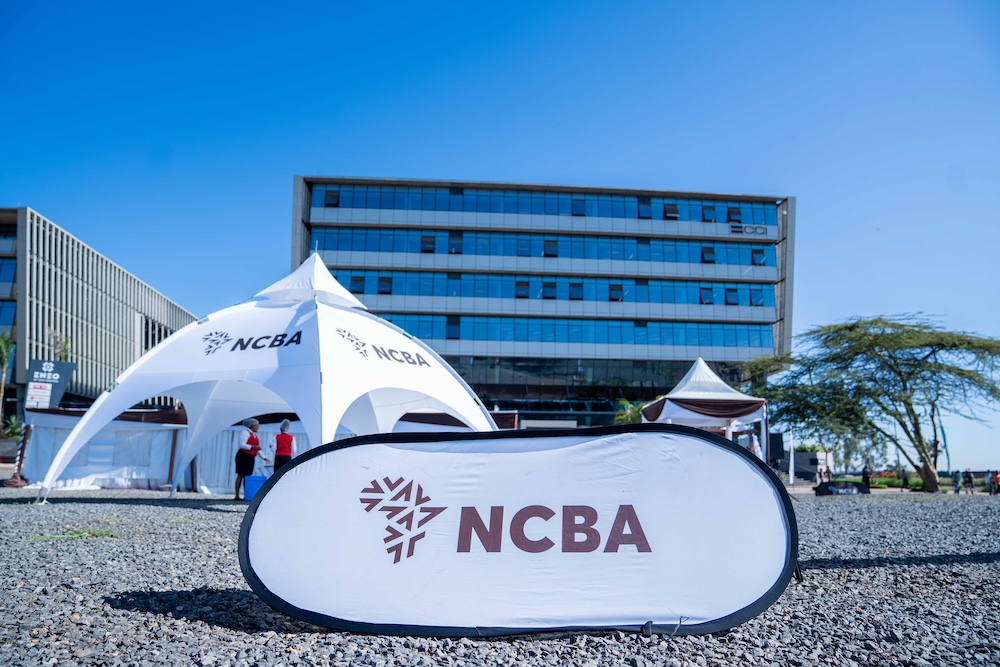Bamburi Cement has unveiled a thought leadership series seeking to rally players in the region’s construction sector to adopt sustainable construction towards decarbonisation.
Bamburi seeks to dialogue with 600 architects, contractors, designers, engineers, developers, materials manufacturers, and industry bodies in Mombasa, Kisumu and Nairobi.
In the first installment of the series ending this year, the cement manufacturer noted that the significant series will play a critical role in transitioning towards a low-carbon pathway.
The firm noted that built environment accounts for close to 42 per cent of annual global CO2 emissions and building operations accounts for about 27 per cent of overall emissions.
Similarly, the embodied carbon of only four construction and infrastructure materials (cement, iron, steel, and aluminium) account for an extra 15 per cent of global emissions.
Read More
Addressing more than 120 sector players in Mombasa, Bamburi Cement CEO Mohit Kapoor urged them to spearhead the sector in ensuring a decarbonized and competitive future.
“We are calling for a sector collaboration and a shift towards sustainable construction which uses greener and more environmentally friendly construction solutions,” said Kapoor.
This comes amid pressure locally and globally for cement and concrete sector players to be more intentional in decarbonizing and making building environments more sustainable.
Bamburi says it is now adopting low-carbon certified and sustainably produced cement brands with more than 30 per cent fewer CO2 emissions than regular Portland cement.
“Today, most of our line of certified and sustainably produced cement brands have more than 30 per cent lower CO2 emissions as compared to the Ordinary Portland Cement or CEM I cement,” Kapur revealed.
He added: “Our flagship product is Duracem 42.5 cement with a massive CO2 reduction of 64 per cent.”
The firm says it is restoring biodiversity value by rehabilitating its quarries, replacing fossil fuels with biomass and industrial waste and partnering with 14 Trees Kenya to implement the use of 3D printing technology in construction to cut CO2 emissions by up to 80 per cent.
As a member of the Holcim Group, Bamburi Cement targets to halve its direct emissions from building by 2030 based on the in Paris Agreement for climate change (COP21) in 2015.

-1752586683.jpg)

 (1)-1752516757.jpg)

 (1)-1746786193.jpg)
